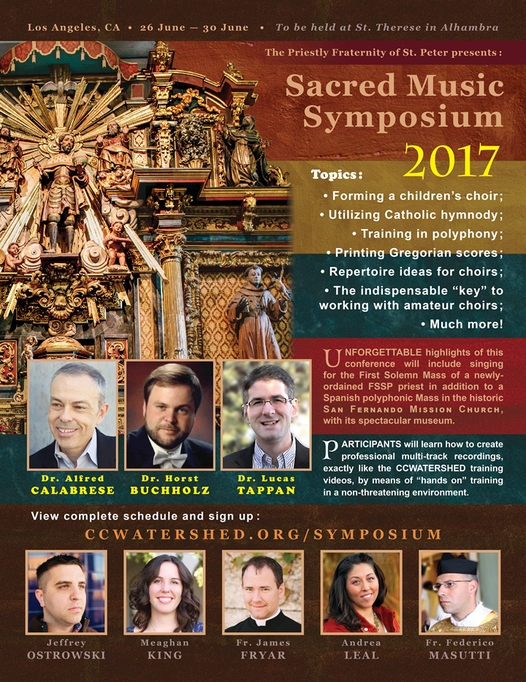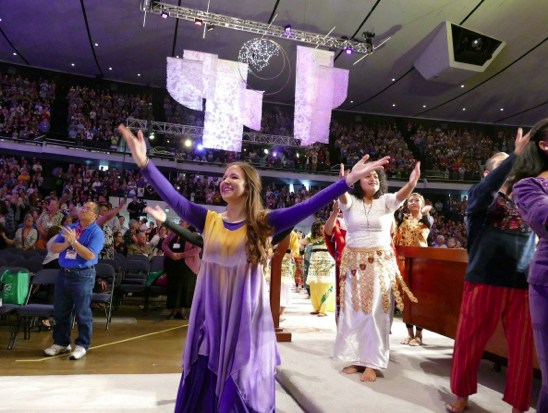A most interesting piece by the great Anthony Esolen, in Crisis Magazine .
This kind of discussion of music and the Catholic liturgy from someone whose main area of expertise is NOT music thrills me, the way the more “inside baseball” of the CMAA sometimes fails to, (the literal “preaching to the choir.”)
It reminds me of when another noted Catholic writer, blogger Amy Welborn, “discovered” the existence of the Propers.
Heck, it remind me of when I “discovered” the propers, the GIRM, the actual Church legislation on music, what VCII actually said about liturgy; as an adult, I’d always, to my shame, thought it was simply a matter of Taste/No Taste, Good Music/Bad Music, that was all that needed to be imparted to TPTB.
And of course that’s not it at all.
And this is crazy important. That other voices, not just those who are also raised in liturgical song, be added to the movement, that we find allies who realize the crisis in the Church is a crisis in the Liturgy, and the crisis in the Liturgy is a crisis most clearly demonstrated in the way most Catholics think about music in the Liturgy.
Then comes the hymn.
Here I am three and four times cursed.
I have read and taught poetry all my adult life. This is one curse. I know English grammar. That is a second curse. My family and I are versed in the long tradition of Christian hymnody; we collect hymnals from all traditions, and we have sung one or two thousand of them, sometimes in languages other than English. This is a third and most terrible curse. And we know our Scripture. Cursed a fourth time, cursed and damned to writhe in eternal pain. Well, not eternal. The pain is transient but real—pain mingled with frustration and disappointment, that well-meaning people should give their talents and energies to stuff that is so worthless, and sometimes worse than worthless. For sometimes it is flat-out heresy.
Well, I won’t sing heresy, and I won’t sing chloroform for the brain, and this means that I hardly ever sing at such Masses…What strikes me, though, is the general liturgical lassitude. I don’t mean that there is not often a lot of energy, with drums, verses projected on the wall, and sometimes applause. I mean that there’s no plan to it, no aim. You are as likely to sing the peculiarly awful “Gather Us In”—well, that’s an onion, sorry—during Advent as in the middle of the summer, and if the choristers, or the lady at the piano, or the tenor at the organ likes it, you may be singing it twenty times a year. The hymns are chosen by the musicians for the same reason as the cartoon-like banners on the wall. Somebody who has wangled his way into the works likes them.
If you go to Mass every Sunday and every holy day during the year, and if four hymns are sung at each Mass, this gives you the opportunity to sing over two hundred different hymns. Need I say that, outside of the Christmas carols and three or four old Easter hymns, the typical Novus Quodlibet church boasts a repertoire of eight or nine? The same, the same, the same, like the drip, drip, drip of cold rain, without meaning, without artistic coherence, and without any feint toward the whole of the liturgical year and the history of salvation.
Many of them are narcissistic, rather like “I Feel Pretty” from West Side Story. “Let us build the City of God,” really? I cannot build the City of God. I can be made, by God, into a stone for the building of that spiritual city, but the action is his, not mine. “We have been sung throughout all of history”? I haven’t been sung even once in my whole life
Somebody, get him to Philly for the Colloquium next year.




